Nobel Peace Prize 2015: Facts, Previous Winners, Photos And History Of The Acclaimed Award
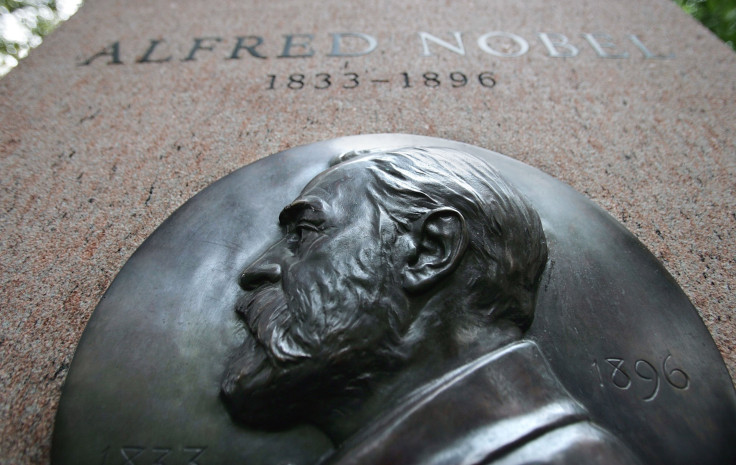
The winner of the 2015 Nobel Peace Prize will be announced Friday morning. This year, 273 names are known to be on the list of nominees, but those names will be kept secret for 50 years, as is Nobel tradition. German Chancellor Angela Merkel and U.S. Secretary of State John Kerry are among those speculated to win the highly acclaimed award.
Swedish chemist and business tycoon Alfred Nobel is the man behind the annual international prizes for peace, chemistry, literature, physics and medicine. Nobel invented dynamite and amassed great wealth from patenting the lethal explosive in 1867. Before he died, on Dec. 10, 1896, Nobel gave the largest share of his fortune in his last will to a series of prizes, dubbed the Nobel Prizes.
Here are 10 facts about the Nobel Peace Prize:
1. As described in Nobel’s last will and testament, the Nobel Peace Prize was dedicated to “the person who shall have done the most or the best work for fraternity between nations, for the abolition or reduction of standing armies, and for the holding and promotion of peace congresses.” Nobel also declared that the peace prize should be awarded by a Norwegian committee. All other Nobel Prizes are awarded in Stockholm.
2. Ninety-five Nobel Peace Prizes have been awarded since 1901. It was not awarded on 19 occasions, and fewer prizes were awarded during the years of World War I and II. "If none of the works under consideration is found to be of the importance indicated in the first paragraph, the prize money shall be reserved until the following year. If, even then, the prize cannot be awarded, the amount shall be added to the Foundation's restricted funds,” according to the statues of the Nobel Foundation.
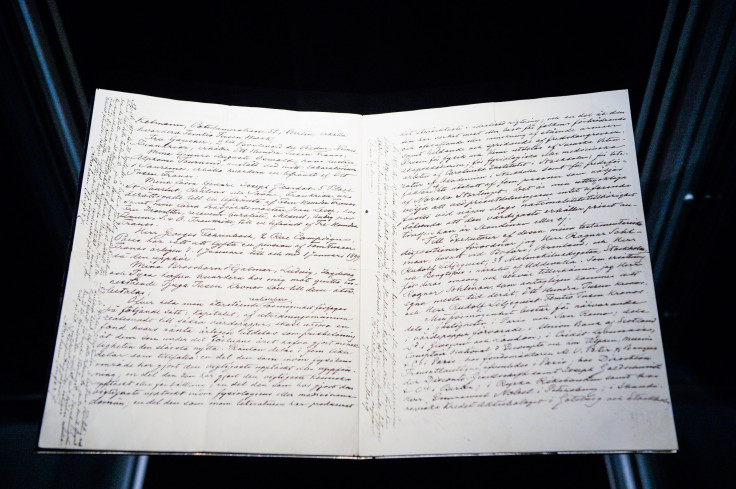
3. The Nobel Peace Price has been awarded to 128 laureates – 103 individuals and 25 organizations. Sixty-four Nobel Peace Prizes have been given to one laureate only, while 29 have been shared by two laureates. Two Nobel Peace Prizes have been shared between three people. “In no case may a prize amount be divided between more than three persons,” the statues state.
4. The average age for Nobel Peace Prize winners between 1901 and 2014 was 61. The youngest ever Nobel Peace Prize laureate is Malala Yousafzai, a Pakistani activist who was 17 when awarded the 2014 prize. The oldest to date is Joseph Rotblat, a Polish physicist, who was 87 years old when he won the 1995 prize.
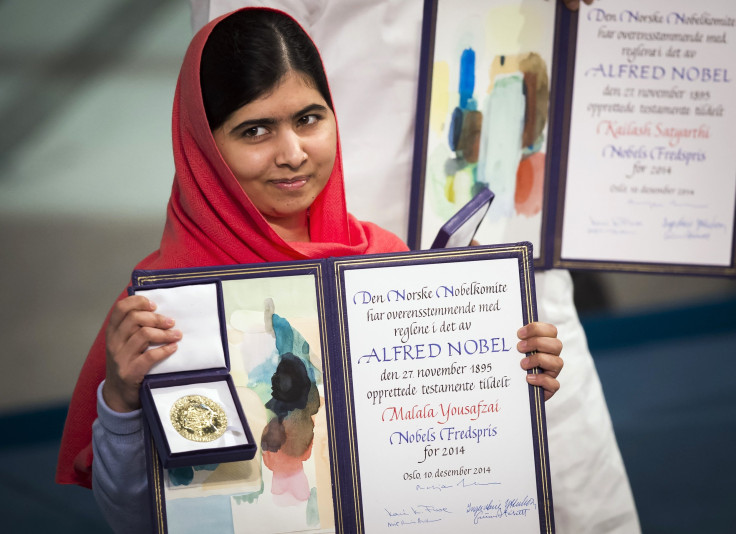
5. The first time a Nobel Peace Prize was given to a woman was in 1905, to Bertha von Suttner for her leadership in the international peace movement. Of the 103 individuals awarded the Nobel Peace Prize, 16 have been women.
6. Only one Nobel Peace Prize laureate has declined the award. Vietnamese politician Le Duc Tho, awarded the 1973 Nobel Peace Prize jointly with U.S. Secretary of State Henry Kissinger for negotiating the Vietnam peace accord, said he was not in a position to accept the prize, citing the situation in his country as his reason.
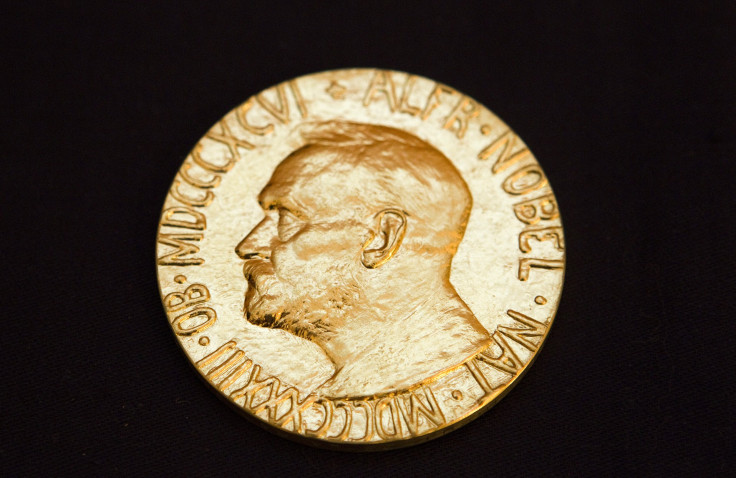
7. Three Nobel Peace Prize laureates were under arrest at the time of their award: German pacifist and journalist Cal von Ossietzky, Burmese politician Aung San Suu Kyi and Chinese human rights activist Liu Xiaobo.
8. Adolf Hitler was nominated for the Nobel Peace Prize once in 1939. A member of the Swedish parliament, E.G.C. Brandt, nominated the Nazi dictator with satirical intentions. The nomination was swiftly withdrawn.
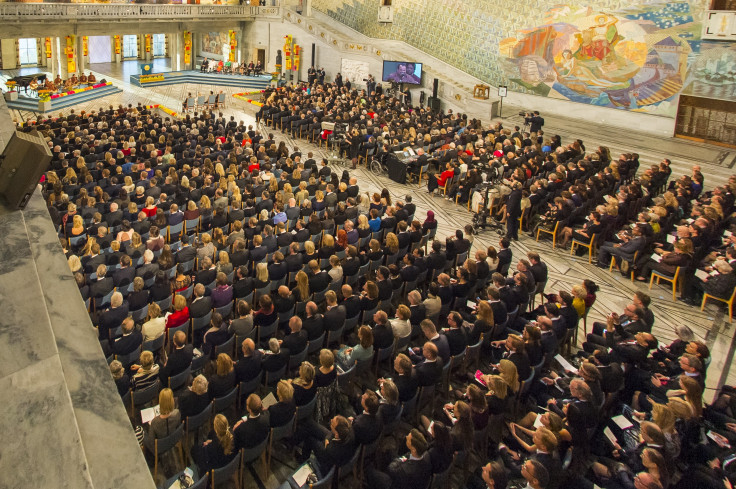
9. The word “laureate” refers to being signified by the laurel wreath, a circular crown made of branches and leaves of the bay laurel. In Ancient Greece, laurel wreaths were awarded to victors in athletic and poetic competitions as a sign of honor.
10 . The Nobel Peace Prize amount for 2015 is set at 8 million Swedish kronor per full Nobel Prize. That's about $970,000 per the current exchange rate.
© Copyright IBTimes 2024. All rights reserved.





















